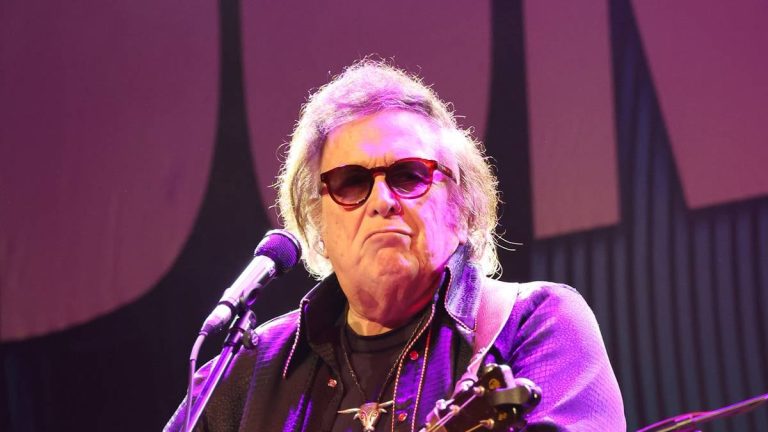“Who the fuck cares?” answered Don McLean when asked about the meaning of the iconic ‘American Pie’. The New Yorker maintained mystery and silence for almost half a century, giving rise to endless speculations. In the end, she raised the curtain. And it turned out that neither Elvis Presley was ‘the king’, nor Bob Dylan ‘the jester’ of its composition. His lyrics also hide a personal tragedy: the sudden death of his father, which he had foreshadowed a few days before. On January 15, 1972, he broke all the rules. Despite his eight and a half minutes longreached No. 1 on the Billboard charts (it was for four weeks) and It thus became the longest song that reached the top. He kept the record for almost 50 years, until Taylor Swift took it from her in 2021.
It is part of American culture. It is one of the songs mmost popular in the history of music, one of the most successful of the 20th century…and it is also one of the compositions which has been most debated and questioned. What did Donald McLean III mean when he wrote it in 1971? The artist always remained reluctant to clarify the allusions he poured into his stanzas. “Carly Simon is still evasive about the recipient of her song ‘You’re so vain’. So who the fuck cares?” he said in The Guardian.
In 2022, McLean spoke to Forbes magazine and revealed: “It was Too complicated explain in an interview the subtlety of what he was trying to say in the song. So I responded, ‘Look, I’m not going to talk to you about the lyrics. And that was all she said.” He often joked and settled the matter by replying, “It means I’ll never have to work again.”. The author’s silence encouraged ‘American Pie’ to be under scrutiny for decades. Every sentence was scrutinized. They were even born websites dedicated entirely to deciphering his verses.
McLean described ‘American Pie’ as a kaleidoscope. A reflection of the decline of America in the 60s, the end of the American dream after the assassinations of President Kennedy and Martin Luther King, or the Vietnam War. For him, It all began with the tragic plane crash in which Buddy Holly (his idol), Ritchie Valens and The Big Bopper died in February 1959.. The day the music died.
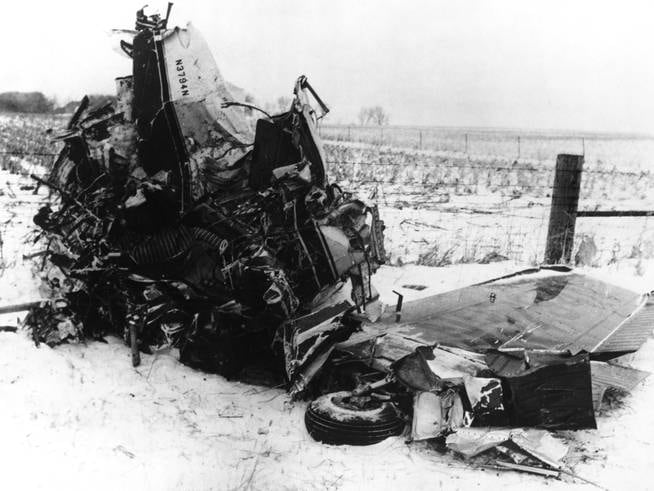
The remains of the plane crash that killed rock star Buddy Holly / Michael Ochs Archives
Although there was no doubt about that initial part of the song, in an interview with The Guardian in 2020, the musician confessed something unprecedented. At 15 years old she had a premonition: his father was going to die. He ran to tell his grandmother: “Don’t be ridiculous, Donny, why do you say that?” The boy replied, “Because it’s going to happen.” A few days later, his father fell dead right in front of him. “I saw how she turned green. She didn’t know what she was going to do without him. He was the king, the boss. she knew everything. I cried for two years. “I blamed myself.”
Could that verse from ‘American Pie’ also be associated with the death of his father? “You have hit the nail. That’s exactly what it is,” the artist responded. “That’s why I don’t like to talk about the lyrics, because I wanted to capture and say something that was almost unspeakable.”. It’s indescribable.” And he added: “American Pie is a biographical song.”
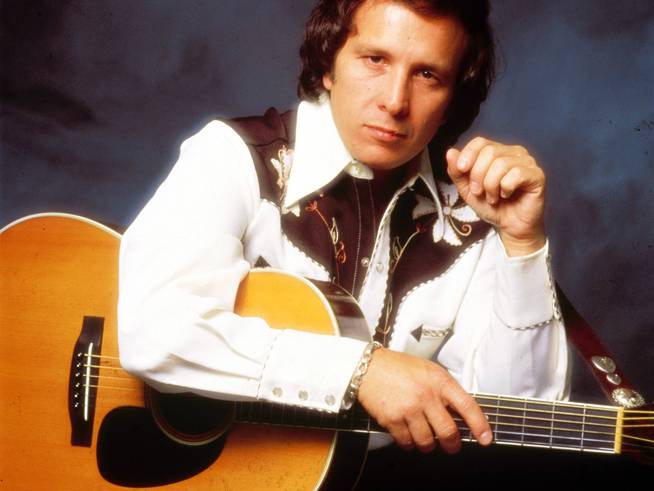
Don McLean / GAB Archive
Coinciding with the 50th anniversary of ‘American Pie’, the documentary ‘The day the music die’ (2022) was recorded. Finally, Donnie solved mysteries and answered many of the questions they had planned for so many years.. For the first time, she shared the secrets of his handwriting. And it turned out that The most common interpretations were not the most accurate. For example, in the sentence, “When the jester sang for the king and queen, in a coat he borrowed from James Dean,” everyone thought that ‘the jester was Bob Dylan that stole the spotlight from Elvis Presley (the king) as the new messiah (“And when the king was looking down/ The jester stole his crown of thorns”).
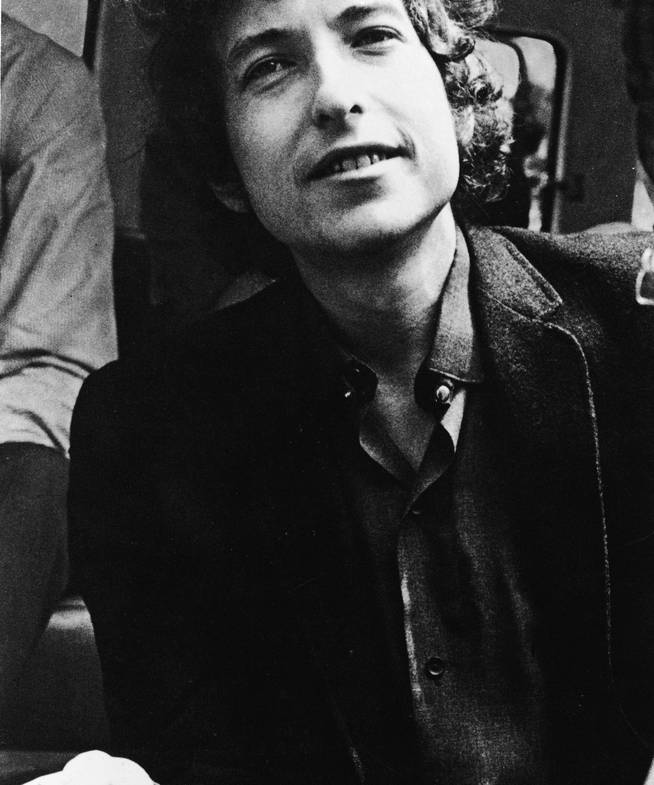
Portrait of Bob Dylan / American Stock Archive
Own Dylan was offended., and in an interview for Rolling Stone he said, “A buffoon? Surely, the jester writes songs like ‘Masters of war’, ‘A hard rain’s gonna fall’… I have to think that He was referring to someone else. Ask him”. His son, Jacob Dylan, did ask Don directly, “But I didn’t tell him.” In the documentary, McLean does clarify this. Neither the jester is Dylan nor the king is Presley. “I say James Dean in the song. If I had wanted to mention Elvis or Bob I would have said their names.. If you want to think that the king is Elvis, you can do it. But the king in my song has a crown of thorns. He is Jesus Christ”. Matter resolved.
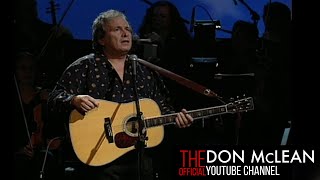
Another famous musician who appears is John Lennon. With a double meaning. “If you look at the part where I refer to Lennon, I say ‘Lenin reads a book by Marx’. Well, Lenin read Marx, and there was also Marxism-Leninism, and John Lennon actually read Marx because he wanted socialism. So it’s both.” However, the “girl who sang blues” was not Janis Joplin. And the title? McLean explains the documentary directed by Mark Moormann, that the idea came from “America like apple pie”, but without the apple.

Recorded by Grath Brooks, Madonna or Jon Bon Jovi, ‘American Pie’ broke the rules of the number one single. Although the ‘char-toppers’ were around three minutes, Don’s songeight and a half minutesentered the record book. On January 15, 1972, it became the longest-running single to reach first place on the American charts.. He held the record for almost 50 years, until Taylor Swift snatched it away in 2021 with ‘All too well’ (the 10 minute version).
